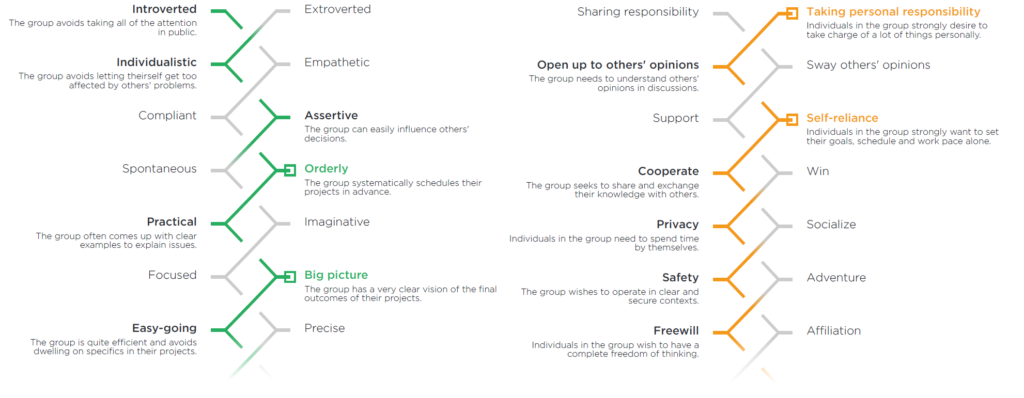Remote workers have taken on growing significance in the U.S. workforce. In fact, a recent poll of employees showed that 39 percent would now consider quitting if their bosses did not provide some sort of work from home option. Clearly, employers need to take remote work seriously as they ponder how to build teams with the future of work in mind.
While remote work had been growing in popularity prior to the COVID-19 pandemic, the global health crisis turned work from home from a nice-to-have option into a necessity for a great deal of companies. The experience highlighted the advantages of a more flexible work environment for many employees and employers alike. However, as with any workplace, some workers adapted more easily to remote working conditions than others. The reason for these differences can be found in the science behind personality traits and workplace motivations.
Remote Work DNA
In an effort to help employers better understand this emerging workforce, psychologists at Talentoday used our Tailored Group DNA tool to create a soft skills model dedicated to remote workers. Users who access this tool within the Talentoday Manager platform will find the predominant personality traits and motivational needs that are necessary for a good adaptation to remote working conditions. Employers can then use this information to compare these benchmarks with the profiles of existing employees and potential job candidates.

Here’s a preview of our findings:
Predominant Personality Traits
- Orderly: When working from home, it pays to stay organized! This group prefers to schedule projects in advance.
- Big Picture: Even if the home office might be small, the goals for this group are big. Remote workers are more likely to have a clear vision of the final goals of their projects.
- Determined: This group sticks it out when the going gets tough, striving to overcome even the most difficult challenges.
- Positive: A shifting work environment is helped by the right mindset. These individuals have strong confidence in the future.
Predominant Motivations
- Taking Personal Responsibility: Remote workers know that they are the only ones around to hold them responsible for their actions. They tend to keep themselves accountable for their work and decisions.
- Self-Reliance: When you work from home, it pays to be able to set your own goals, schedule and pace of work.
- Personal Achievement: Goal setting is essential when it comes to the flexible work environment. Our research shows this group seeking to achieve highly difficult objectives.
- Intrinsic Enjoyment: When you work alone most of the time, you tend to find motivation from internal forces. Rather than being showered with external accolades, these workers prefer to achieve things for their personal satisfaction.
If recent history is any indication, remote work and other flexible forms of employment are here to stay. Employers looking to build the best teams possible need to start considering more than technical requirements for positions. By applying soft skills research to the hiring and team management process, employers can better predict employee success in a given workplace setting.
Are you interested in learning more about Group DNA from Talentoday? Click here to sign up for your free trial of Talentoday Manager, which includes our Group DNA tailored to the needs of the remote workforce.


